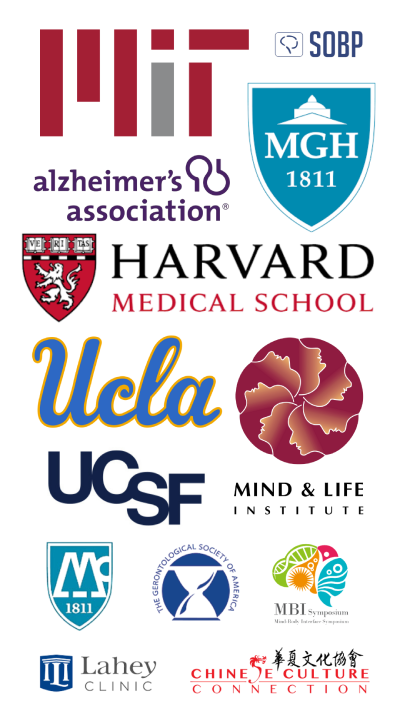My work to help caregivers
 Providing care and support to a relative with a chronic illness can be extremely challenging. While it is immensely meaningful and important, it can also be personally taxing. Many caregivers (or “care partners”) find that there are several difficult aspects to caregiving.
Providing care and support to a relative with a chronic illness can be extremely challenging. While it is immensely meaningful and important, it can also be personally taxing. Many caregivers (or “care partners”) find that there are several difficult aspects to caregiving.
First, of course, is increased concern for the person living with illness. They might be in pain or have other uncomfortable physical symptoms. They might lose their physical abilities to do the kinds of things they previously enjoyed and that gave them meaning. They might lose their mental faculties and no longer be able to take care of themselves.
 Second is the way in which caregiving may impact the caregivers own life. It may cause financial stress. If the person with illness cannot be left alone, the caregiver might not be able to work, socialize, exercise or engage in hobbies the way they used to. The caregiver also risks losing the person for whom they are caring. The losses caregivers experience, particularly in chronic illness, can accumulate and cause increasing hardship. It is thus imperative to find new strategies to help caregivers.
Second is the way in which caregiving may impact the caregivers own life. It may cause financial stress. If the person with illness cannot be left alone, the caregiver might not be able to work, socialize, exercise or engage in hobbies the way they used to. The caregiver also risks losing the person for whom they are caring. The losses caregivers experience, particularly in chronic illness, can accumulate and cause increasing hardship. It is thus imperative to find new strategies to help caregivers.
The research in my lab at Harvard Medical School focuses on finding effective strategies to help family caregivers of people with dementia (although we hope to apply them more broadly in the future). Dementia is a chronic illness that results in loss of mental faculties (most notably memory) and also loss of physical abilities as the illness becomes more severe. Family dementia caregivers are at substantially increased risk of depression and anxiety disorders and often experience high stress and burnout. During the COVID-19 pandemic, the CDC found that as much as 40% of family caregivers reported suicidal thoughts or thoughts of not wanting to live.
 My research has created and established the benefit of a mindfulness and guided imagery approach, Mentalizing Imagery Therapy (MIT), for family dementia caregivers. What makes MIT unique is how it promotes stress reduction while also providing powerful tools for the caregiver to understand the person with dementia, and their reactions to that person, better. This leads to increased empathy and connection, and reduced depression and anxiety. Our studies have found profound and lasting benefits over the course of 4 weekly MIT sessions. Moreover, my research is the first to identify brain connectivity changes that improve alongside depression symptoms in caregivers.
My research has created and established the benefit of a mindfulness and guided imagery approach, Mentalizing Imagery Therapy (MIT), for family dementia caregivers. What makes MIT unique is how it promotes stress reduction while also providing powerful tools for the caregiver to understand the person with dementia, and their reactions to that person, better. This leads to increased empathy and connection, and reduced depression and anxiety. Our studies have found profound and lasting benefits over the course of 4 weekly MIT sessions. Moreover, my research is the first to identify brain connectivity changes that improve alongside depression symptoms in caregivers.
The focus of the research is now to identify strategies to deliver caregiver skills training and relaxation techniques remotely to improve caregiver well-being. This will enable caregivers who live far from Mass General Hospital to receive cutting-edge treatment. The research has been funded by the National Institute on Aging and private foundations.
If you know a caregiver who might be interested in participating in such a study or hearing more about effective caregiver interventions, please subscribe here to our caregiver email list.



